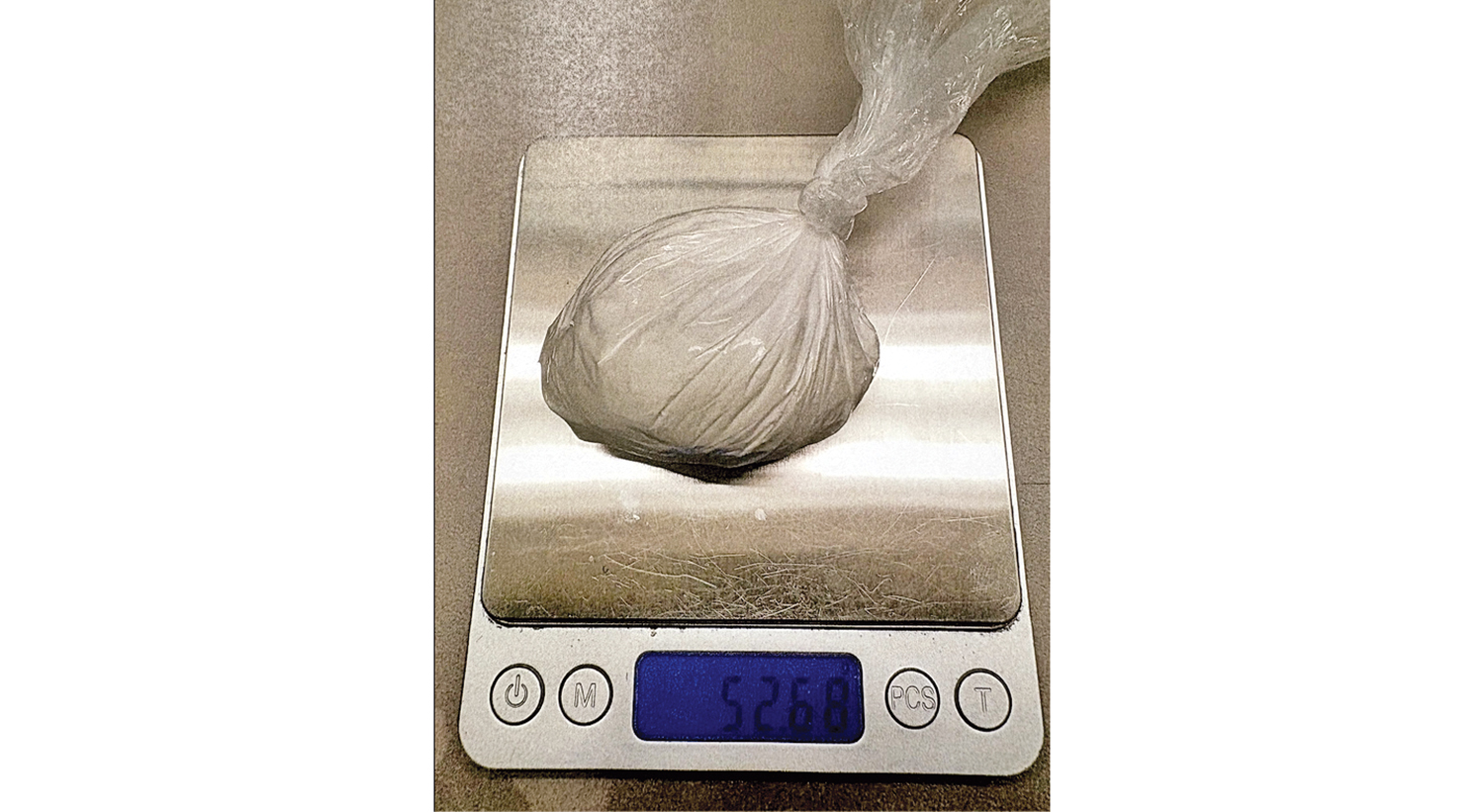Out-of-court problems can distract from justices#039; jobs
Published 12:00 am Tuesday, March 1, 2005
Two black-eyes for the normally staid Ohio Supreme Court underscore how mistakes by judges can transcend an individual's problems and raise questions about the court itself.
First, Justice Alice Robie Resnick pleaded guilty to drunken driving after initially driving away from state police who wanted to give her a sobriety test. Police videotapes recording the arrest and her comments to police were broadcast widely.
Last week, Justice Terrence O'Donnell reported $18,000 in cash stolen from his state-owned car. He acknowledged the situation was ''very odd'' but said he regularly stored large amounts of cash at home and was using the money to pay for repairs at two houses he owns near Lake Erie.
The two join high court justices in Illinois, Mississippi and New Hampshire, among other states, where off-the-court behavior has sometimes overshadowed the court's legal opinions.
"It's a problem because the public expects the court to be impartial and above question,'' said Lloyd Snyder, associate dean at Cleveland State University's Cleveland-Marshall College of Law and an expert on legal ethics.
''When you have these kinds of embarrassments it undermines that sense you can have confidence when these people are deciding cases that you've got fair-minded people who are not distracted by personal and other problems,'' he said.
O'Donnell said he doesn't believe his situation will hurt the court, emphasizing that he was the victim of a crime.
''There is no suggestion anywhere that there's anything illicit about the source of the money or anything else,'' O'Donnell said. ''So it's only the perception that might be created by news accounts that blows this up.''
Resnick has declined to comment on her arrest and conviction except to acknowledge through a lawyer that she suffered a relapse in a decades-long fight with alcoholism.
In Illinois, former Chief Justice James Heiple was censured by a court ethics panel and investigated by a special legislative committee in 1997 for quarreling with police when he was pulled over on traffic stops and allegedly making improper appointments to offices that could have influenced his disciplinary case involving the traffic incidents. He left the court in 1999 after choosing not to seek a second 10-year term.
Justice Stephen Thayer of the New Hampshire Supreme Court resigned in 2000 over accusations he interfered in his own divorce case, and then-Chief Justice David Brock was impeached on a number of charges, including improperly calling a lower-court judge about a politically sensitive case in 1987. Brock was cleared by the state Senate.
In Mississippi, former Justice Chuck McRae, defeated in the 2003 election, fought off complaints from fellow justices that he disrupted the court with threats to staff, leaking documents and not taking himself off cases involving family members. He was also known for a 1995 drunken driving arrest to which he pleaded no contest.
When the complaint against McRae went before the state's Commission on Judicial Performance the commission said not only McRae but also other justices contributed to problems on the court.
Those were distracting years for the legal profession in Mississippi, with the controversy marring the public's opinion of judges and lawyers, said Charles Swayze, president of the Mississippi Bar Association.
''Right or wrong, it created a bad impression,'' he said.
Other members of the Ohio Supreme Court have endured unwanted publicity. Last year, Justice Evelyn Lundberg Stratton weathered the revelation that her husband had used a computer at his state office to download pornography. He resigned.
In 1991, justices Craig Wright and Andy Douglas got into a scuffle over whether Wright accused Douglas of leaking information to the media. Douglas broke two ribs when he fell to the floor. The two mended fences; both have since left the court.
''Every embarrassment is one more increment that diminishes the credibility of courts in some people's eyes,'' said Steven Lubet, a Northwestern University law professor who studies judicial ethics.
''There is a desire to want to be judged by people who are less blameworthy than we are, that's an ancient invocation,'' he said. ''Every time you pull the curtain back and realize it's just human beings, it's troubling.''
Andrew Welsh-Huggins is the statehouse correspondent for the Ohio Associated Press.





